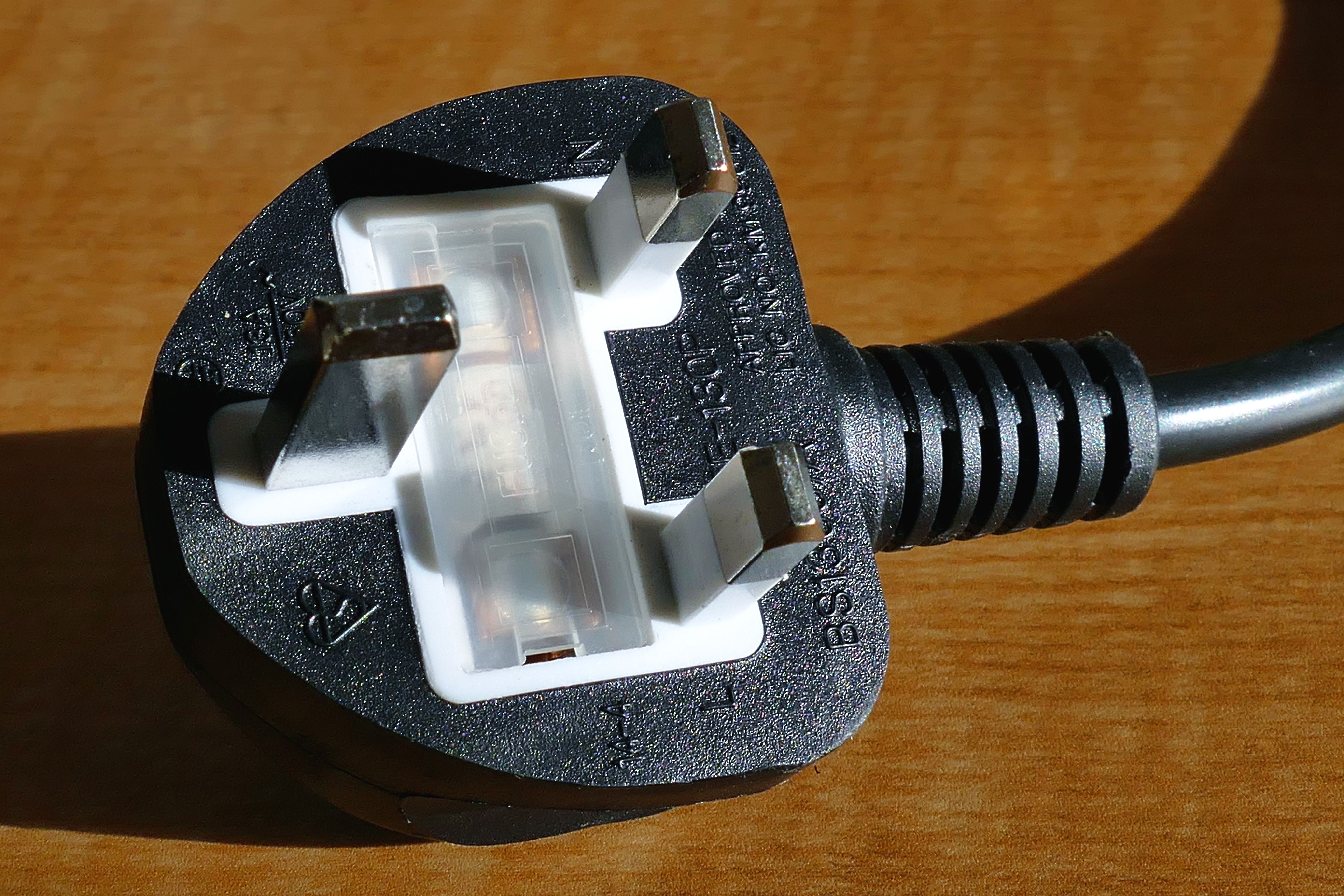Danes pay more in fees related to their energy consumption than any other nation in the EU – the high taxes and fees account for 68 percent of the final bill.
READ MORE: Denmark tops EU for energy fees
So it’s unlikely there will be too much celebrating following Parliament’s decision yesterday to approve new efficiency regulations, which will lead to national savings of 600 million kroner from the ‘32 percent’ – the actual cost of the electricity.
Part of a strategy
The recommendations approved in a bill by Parliament were made by the Danish Energy Agency (Energistyrelsen) – the first step of an overall efficiency strategy to save 5.9 billion kroner per year by 2025.
The regulations will first be adopted by the electricity grid companies, and then followed later by the country’s utilities companies and other players in the supply sector.
The companies will be incentivised to perform even better than expected, with a focus on streamlining and eventually passing on the savings to their customers.
Security of supply
“There is broad political consensus to introduce modern economic regulations for the electricity sector, including a cap on prices, continued demands for efficiency and a highly secure, safe supply,” said Lars Christian Lilleholt, the energy minister.
“It is important that we politicians make responsible decisions to ensure our citizens can in the future count on a steady supply of electricity at the lowest possible price in the long-term.”















